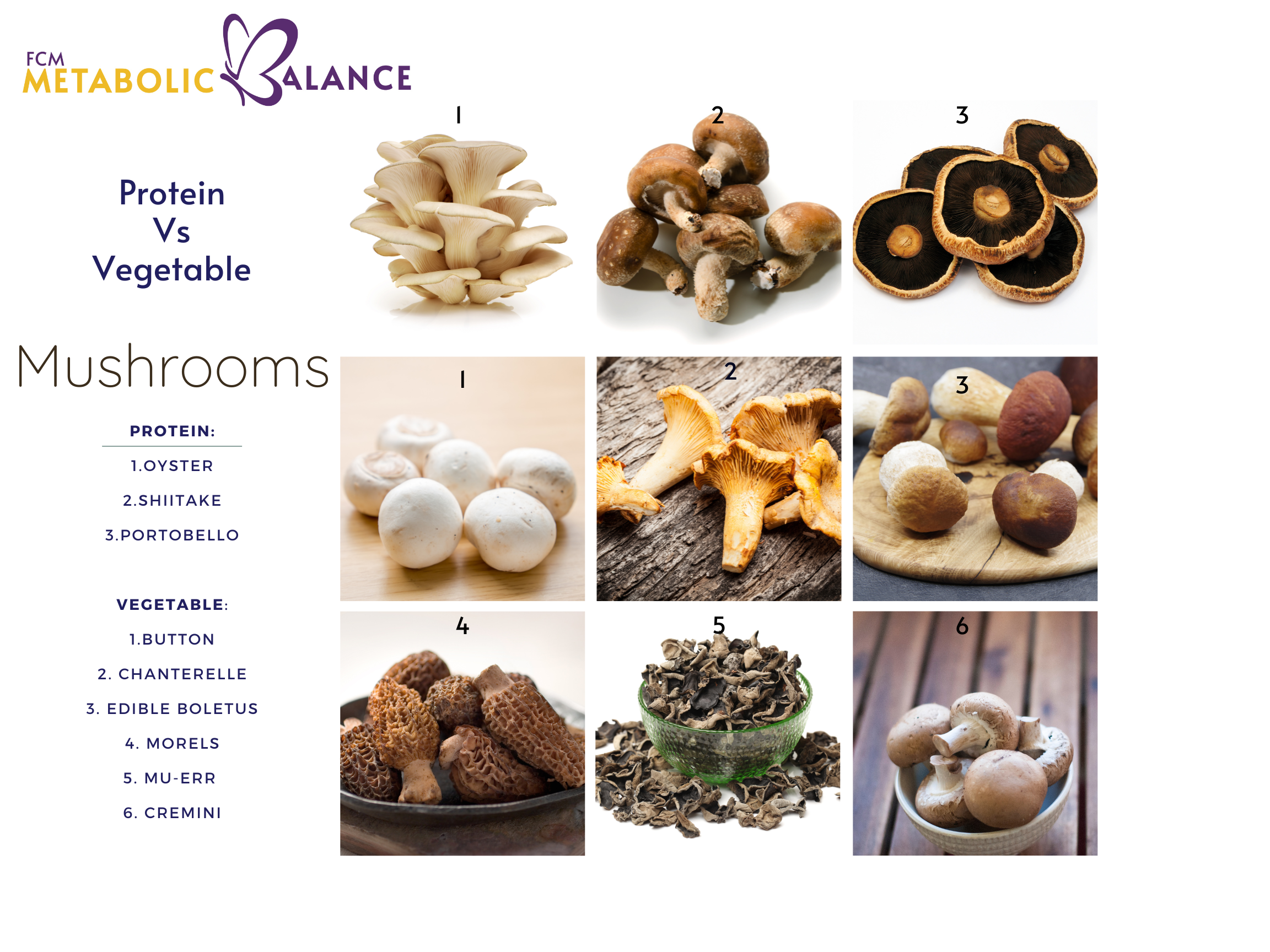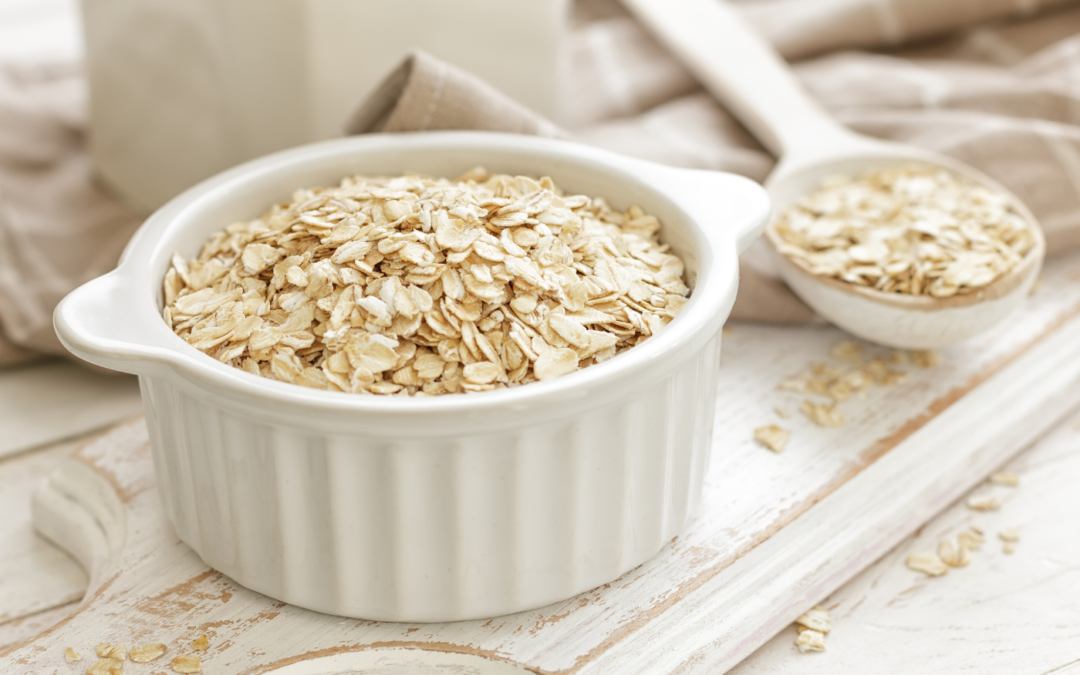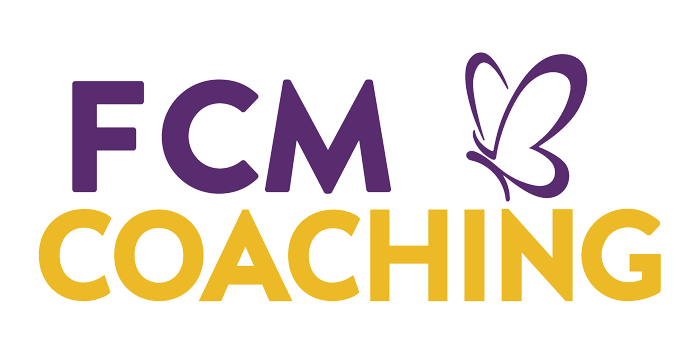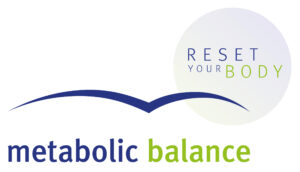Mushrooms
What room has no doors or windows? A mushroom. I love a good riddle. It can be a riddle if a mushroom is a protein or a vegetable. The answer is depending on which mushroom you are eating.
Protein Source
At Metabolic Balance® we distinguish between protein and vegetable based on the biological value of the mushrooms. This is calculated based on the amount of protein in a food that our bodies can use directly. Oyster and shiitake mushrooms are protein sources, the others are vegetable sources. Below is a list of mushrooms and a description of them.
Types of Mushrooms:
Chanterelle: the cap is a wavy golden trumpet-like shape
Cremini (baby bella): a young Portobello mushroom that is dark and firm
Enoki: long, thin white stems with small white caps that are eaten raw or cooked
Maitake: a head that resembles flowering leaves
Morel: the cap is a spongy dimpled oblong shape
Oyster: a fan-shaped delicate cap
Porcini: a reddish-brown rounded cap with a thick cylindrical stem
Portobello: a large brown thick cap with rich juicy flavor that work well as a meat substitute
Shiitake: a dark brown umbrella cap with a thin cream-colored stem
Uses and Nutrition
Mushrooms have been used in many cultures as a part of traditional medicine. They have anti-inflammatory, anticancer, and antioxidant effects in the body. Mushrooms are a source of selenium vitamin C and choline. Choline is necessary for brain function. Selenium supports the thyroid. Vitamin C helps your body absorb and store iron. The list of nutrients goes on as they are a source for zinc which supports the immune system. B vitamins, phosphorus, copper and potassium, which can help with blood pressure, bone and nerve health, make neurotransmitters and support the balance and use of other nutrients. [1,2]
Brain Health
Two studies found that mushroom intake had protective effects on the brain in older adults. “Components in mushrooms may prevent the growth of amyloid proteins related to dementia and act as antioxidants, specifically an amino acid called ergothioneine.” A cross-sectional study in 2019 found that those over the age of 60 eating more than 2 servings of mushrooms per week compared to less than 1 serving per week reduced risk of cognitive decline by 52%. [1]
Gut Health
Gut health is also benefited by mushroom intake, because of the polysaccharides which stimulated the growth and survival of beneficial strains of probiotics.
Diabetes and Cardiovascular Health
There are some studies that say there isn’t a direct link to reducing risk for diabetes, cardiovascular disease and cancer. [3,4] But the nutrients found in mushrooms have been associated with the improvement of these issues. So having them as part of your diet may help.
Tips on Storing and Using Mushrooms
Don’t wash your mushrooms till right before you are going to use them. Store in a brown paper bag in the refrigerator. Use within one week ideally. Sauté the mushrooms before freezing them to remove some of the water. I personally purchase my shiitake mushrooms chopped and frozen for ease of use. To freeze your mushrooms, slice then sauté for 2 to 4 min then cool and freeze as a single layer then transfer to a container to store. Sautéing quickly over high heat, or simmering over low heat, such as in soups, are ideal cooking methods for preserving nutrients.
Here are a few recipes I’ve found on line that I like
*Pickled Mushrooms – Metabolic Balance Blog (metabolic-balance-blog.com)
*Roasted Vegetables with Oyster Mushrooms – Metabolic Balance Blog (metabolic-balance-blog.com)
*Mushroom Stroganoff | The Nutrition Source | Harvard T.H. Chan School of Public Health
Personalized Nutrition Plan
Whether you are excited about mushrooms or not, remember that a personalized Metabolic Balance® nutrition plan takes into account your preferences. If you choose to not have mushrooms as part of your plan, you can request to exclude them from your plan. This is how we support your preferences and provide you with a plan with optimal food for your health and be able to sustain it.
To ask questions and sign up for a program, book a Discovery Call! We are happy to support you to get the best nutrition plan you’ve ever had!
References
- https://www.hsph.harvard.edu/nutritionsource/food-features/mushrooms
- https://www.webmd.com/diet/health-benefits-mushrooms#:~:text=Mushrooms%20are%20a%20rich%2C%20low,Selenium
- https://academic.oup.com/ajcn/article/110/3/666/5512173,
- https://aacrjournals.org/cancerpreventionresearch/article/12/8/517/47238/Mushroom-Consumption-and-Risk-of-Total-and-Site


Oatmeal, A Quality Piece of the Nutrition Puzzle
What really is the big deal about oatmeal? Enjoy a warm steamy bowl of educational facts with a little flavor added with some recipe ideas.

